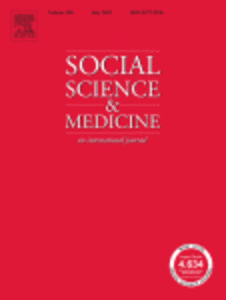Public support for unequal treatment of unvaccinated citizens: Evidence from Denmark
Ny forskningsartikel fra Julian Schuessler og Kim Mannemar Sønderskov i Social Science & Medicine
Resume af artiklen er på engelsk
https://www.sciencedirect.com/science/article/pii/S0277953622004075#sec6
While billions have been vaccinated against COVID-19, unvaccinated citizens remain a challenge to public health given their higher likelihood of passing on the virus. One way for governments to reduce this concern is to enact more restrictive rules and regulations for the unvaccinated citizens in order to incentivize them to become vaccinated and/or reduce their spread of the virus. However, such rule differentiation conflicts with liberal principles of equal treatment, thereby raising a trade-off between material (public health) and principled concerns. To gain legitimacy in trading off these difficult concerns, governments are likely to look to preferences in the general population. We therefore analyze to what extent unequal treatment of the unvaccinated in terms of differentiation of various rules and regulations finds support among the general public. In a pre-registered survey experiment, we investigate public support for various COVID-19 regulations (e.g., test fees, isolation pay, and hospital prioritization). In the experiment, we randomly assign respondents to evaluate regulations that either (i) apply to adults in general or (ii) only to those adults who deliberately have chosen not to be vaccinated. This design provides a valid means to assess support for unequal treatment of the unvaccinated by minimizing various concerns relating to survey responding. Furthermore, we examine how these preferences vary by individual vaccination status, trust in institutions, as well as over-time changes in severity of the pandemic. We find significantly (both statistically and substantively) higher support for restrictive policies when targeted exclusively toward the unvaccinated, which we interpret as support for unequal treatment of this group. We also uncover strong polarization in these preferences between the vaccinated and the unvaccinated, but a much more limited role for trust and severity of the pandemic.

